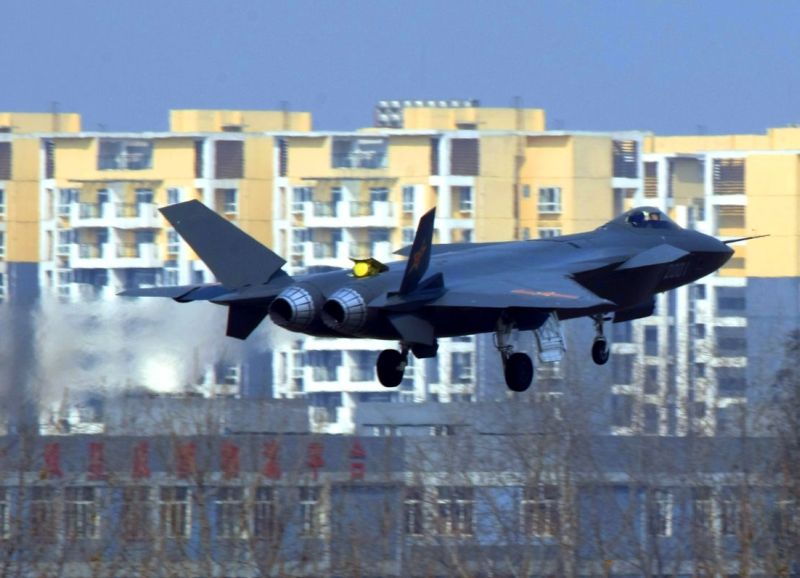China said Wednesday it would avoid “invasion, expansion or war” — but not at the expense of its claims on Taiwan — as it seeks to dispel fears over its military build-up and territorial assertiveness.
Washington and China’s neighbours have expressed rising concerns about Beijing’s claims in the South China Sea, military spending and new high-tech equipment that includes an aircraft carrier that trialled last month.
Introducing a white paper on China’s “peaceful” development plans, Wang Yajun, head of the Central Foreign Affairs Office — which advises the top leadership — reiterated the “defensive” nature of China’s defence policy.
He said the paper was designed to reassure critics that “China will not follow the beaten path through invasion, expansion or war”.
“China will not attack another country unless we are attacked,” he said.
But he highlighted Beijing’s so-called “core interests” of territorial integrity and national reunification with Taiwan, the self-governed island that broke away from mainland China in 1949 after a civil war.
“Even though we have pledged ourselves to a path of peaceful development, we will not do so at the expense of our national interests,” Wang said.
“We will not allow Taiwan to be separated from China. This doesn’t target our Taiwan compatriots, but rather is aimed at those who want to achieve Taiwan independence.”
China considers Taiwan a renegade province awaiting reunification, by force if necessary. The island has been a key irritant in ties with the United States, which announced a $6.4 billion arms deal with Taiwan in January 2010.
In a report two weeks ago, the Pentagon said China was increasingly focused on naval power and had invested in high-tech weaponry that would extend its reach in the Pacific and beyond — claims Beijing dismissed as “groundless.”
China’s testing of its first aircraft carrier last month has sparked global concern, as has its growing emphasis on securing strategic shipping lanes and mineral-rich areas in the South China Sea.
Beijing claims sovereign rights to almost all of the maritime area, although several Southeast Asian countries have competing claims.
Last week, Chinese President Hu Jintao and Philippine President Benigno Aquino reaffirmed a commitment to solving territorial disputes in the South China Sea by peaceful means.
China’s People’s Liberation Army — the largest active-duty military in the world — is consistently secretive about its defence programmes, which benefit from a huge and expanding budget boosted by the nation’s rapid economic growth.
Beijing announced earlier this year that military spending would rise to 601.1 billion yuan ($91.7 billion) in 2011 and also said it was developing its first stealth fighter jet.
Wang said China did “not have the need to challenge other countries”, after he was asked whether Beijing was uncomfortable with the current US-led world order and planned to change it.
“That being said, we don’t believe the current world order is perfect,” he added.










